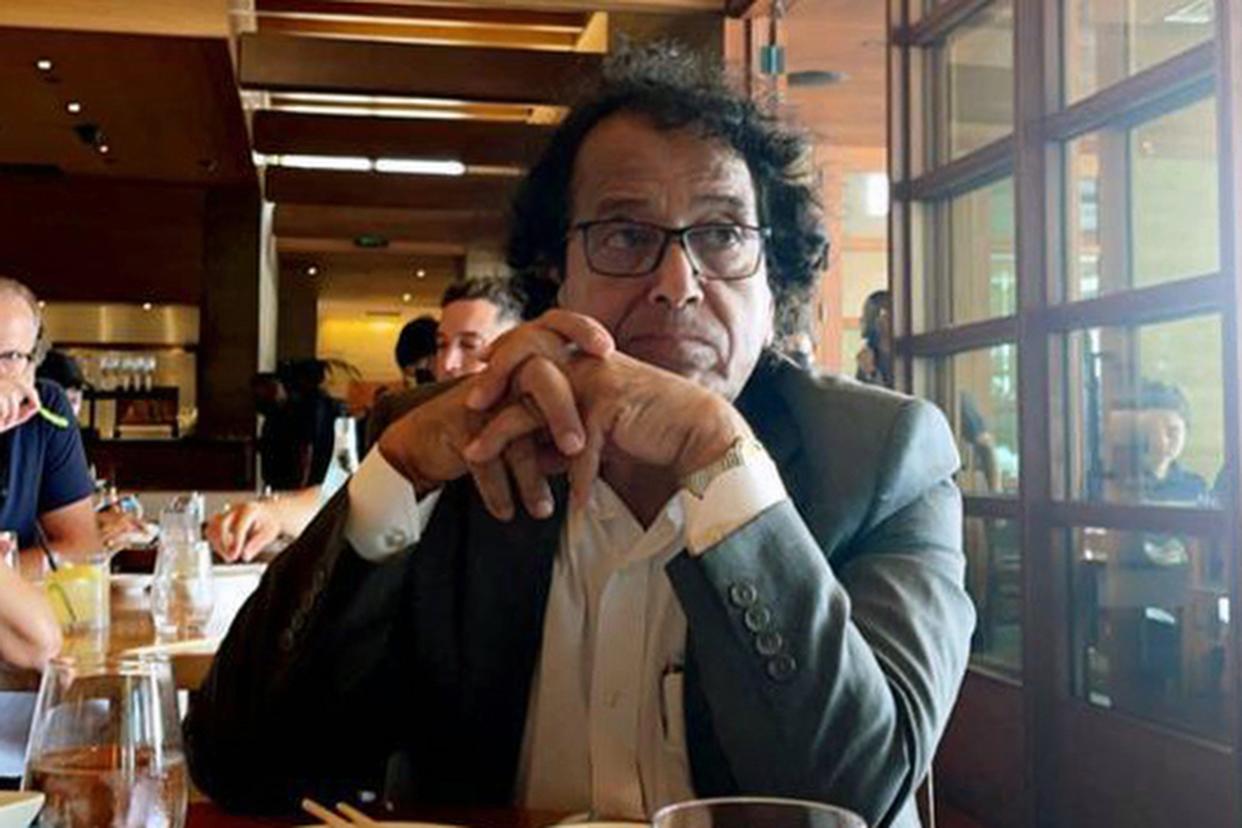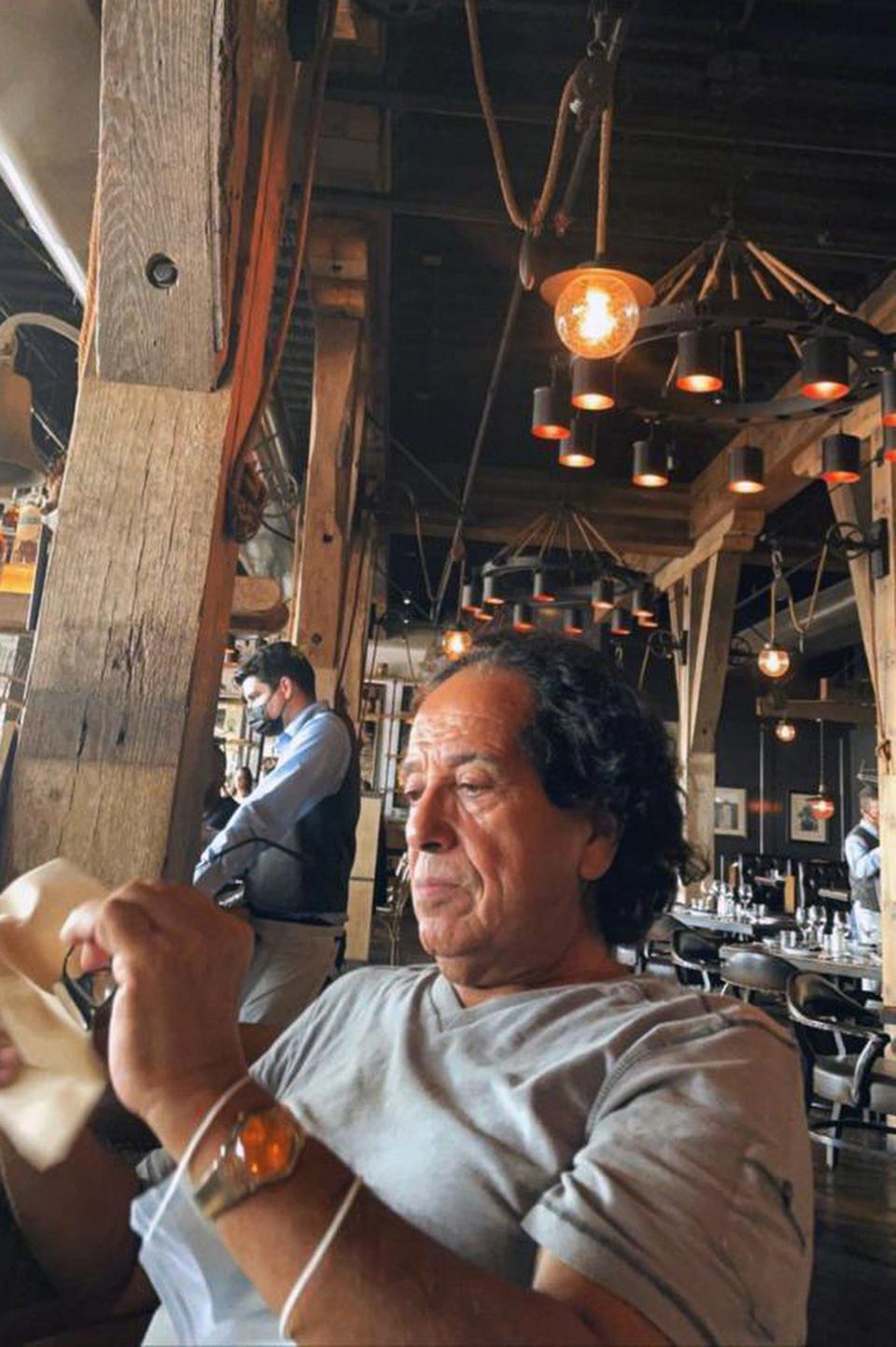Ex-Jacksonville man's Saudi prison sentence for tweets denounced by free-speech supporters

The imprisonment in Saudi Arabia of a one-time Jacksonville resident who criticized the Saudi government over Twitter is drawing denunciations from government officials and free-speech activists.
“Exercising the freedom of expression should never be criminalized,” a U.S. State Department spokesperson told reporters when asked this week about the fate of Saad Ibrahim Almadi, a 72-year-old dual citizen of Saudi Arabia and the United States.
Almadi, who records say lived in an apartment complex near Tinseltown when he registered to vote just before Jacksonville’s 2019 elections, was sentenced this month to 16 years behind bars for charges tied to 14 tweets his son described as “mild.”
The sentence, spotlighted this week by a Washington Post columnist, quickly drew ridicule in the social media universe where Almadi had shared his thoughts while living in the United States.
“Almadi’s case demonstrates how severe punishments for #FreeExpression extend to speech beyond Saudi borders,” tweeted the writers’ group PEN America, recounting examples of other Saudis sentenced to even longer terms based on their comments.
“These cases are an extension of Saudi Arabia’s human rights abuses, jailing social media users in the country for tweets," the advocacy group told followers. "… International governments must resolutely press the Saudi government to respect #FreeExpression.”

The Saudi embassy in Washington didn’t respond Thursday to a message seeking comment about sentencing of Almadi, who was arrested while he was visiting family in Saudi Arabia last year.
The Post reported that Almadi was charged with harboring a terrorist ideology, trying to destabilize the kingdom, and supporting and funding terrorism. The Post said he was also charged with failing to report terrorism as a result of tweets by his son on another account.
The State Department began “raising the issue of his detention” in December and is weighing whether new steps are needed, agency spokesperson Vedant Patel told reporters.
One option before the agency is listing the retiree as “wrongfully detained,” a choice that could draw in a presidential envoy who is also in charge of trying to free overseas hostages and can pull more levers to help a captive than rank-and-file consular diplomats.
“There are a number of strict criteria that are involved” in that choice, Patel said, but added that it’s not an automatic decision.
Almadi’s son, Ibrahim, has been pushing to have his father’s case labeled wrongful and told the Associated Press this week he didn’t have confidence in the low-visibility approach the State Department first recommended.
“They manipulated me. They told me to stay quiet so they can get him out,” Ibrahim Almadi told the AP. “I am not willing to take a gamble on the Department of State anymore.”
Ibrahim Almadi told AP that Saudi authorities warned his family to stay quiet about the case and to not involve the U.S. government, and Patel said consul staff who first reached out to Almadi were initially told he didn't want them involved. Ibrahim Almadi said his father was tortured after the family contacted the State Department in March.
A spokeswoman for U.S. Sen. Marco Rubio, R-Fla., said Thursday that his office "is closely monitoring Mr. Almadi’s case. We remain in touch with the State Department and continue to advocate for his release."
This article originally appeared on Florida Times-Union: Saudi prison term for ex-Jacksonville man alarms free-speech backers


